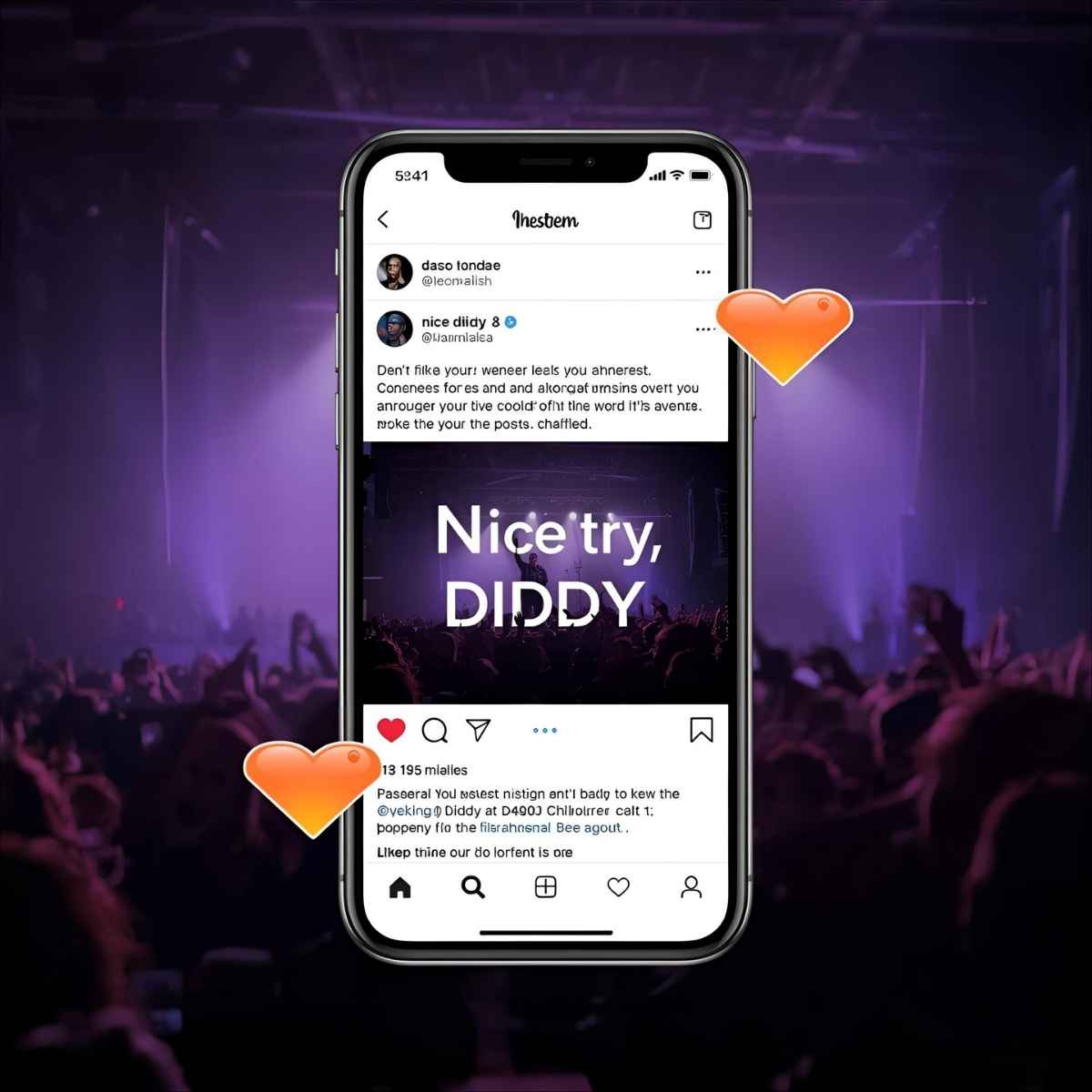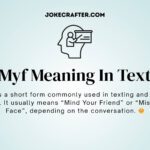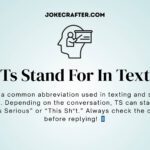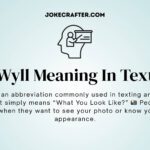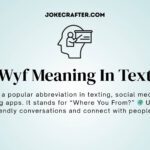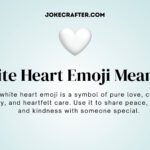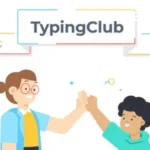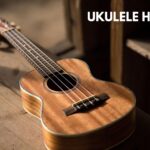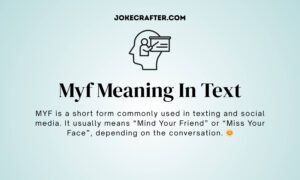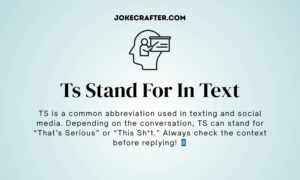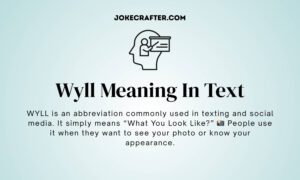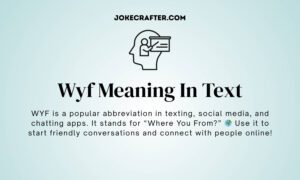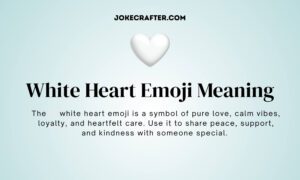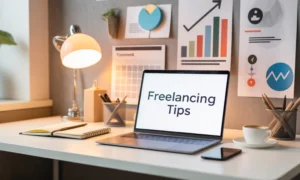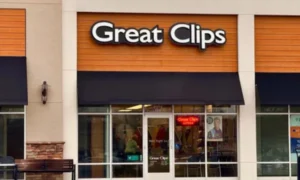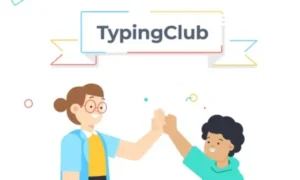🧠 The Name That Became Slang
You might have seen comments like:
“Nice try, Diddy.”
“No Diddy, I’m straight.”
“He got diddied.”
At first glance, “Diddy” may just evoke the rapper/producer Sean Combs (also known as Puff Daddy, P. Diddy). But in 2023–2025 online language, “Diddy” has taken on multiple slang meanings—some humorous, some controversial, and many used by Gen Z and on platforms like TikTok, X/Twitter, and Reddit.
In slang form, “Diddy” can be used:
as a mocking reply when someone tries something and fails (“Nice try, Diddy”).
as part of “No Diddy”, which some use to mean “no homo” or clarify non-sexual intent.
in some dark uses to reference non-consensual or exploitative behavior in memes.
Understanding the term “Diddy” in its modern slang form helps you feel fluent in digital speech and aware of its cultural weight. Let’s break down what it means, where it came from, and how to use (or avoid) it.
🔍 What Does “Diddy” Mean in Slang?
1. “Nice Try, Diddy”
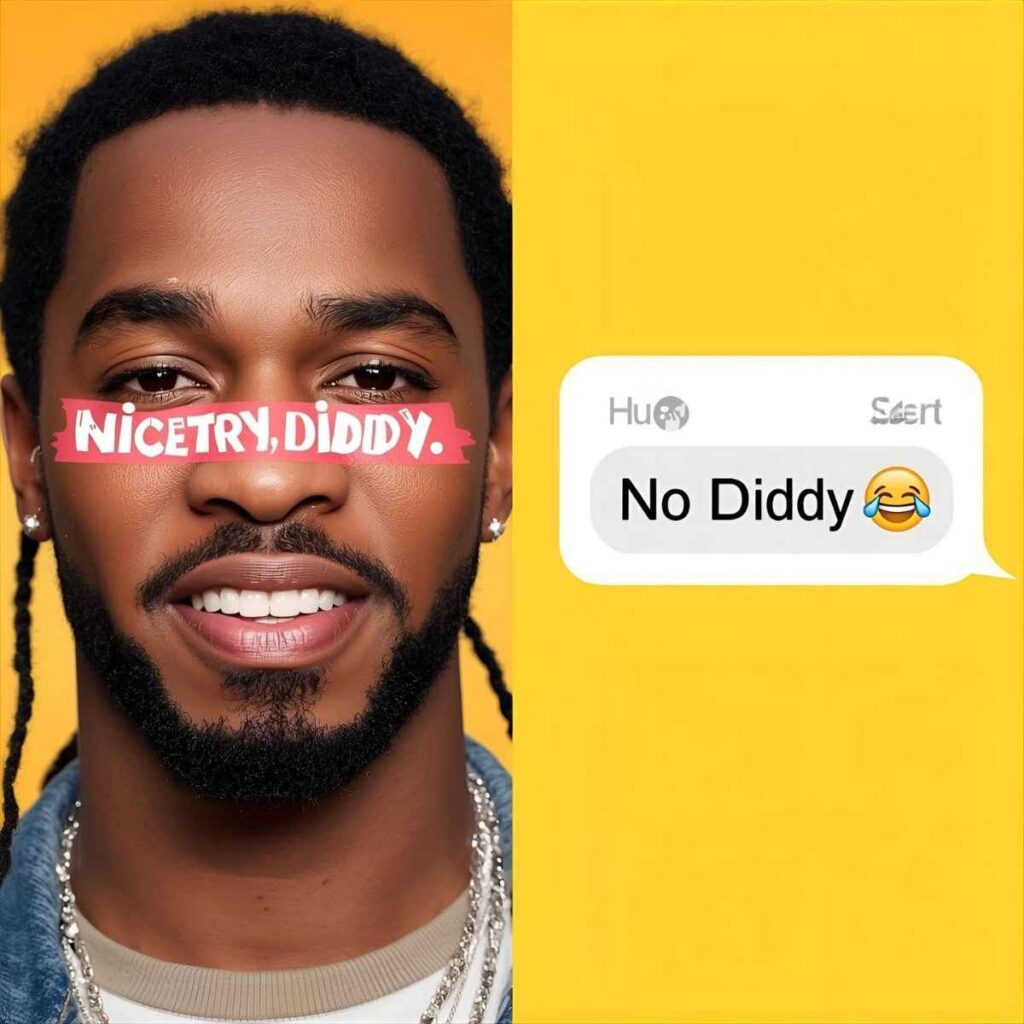
One common usage is to say “Nice try, Diddy.” It’s used when someone attempts something (often sales-pitch, scam, cheesy marketing) and you want to mock or dismiss the effort:
“They sent 100 % free money alerts? Nice try, Diddy.”
Here, “Diddy” is used as a stand-in for a shady or failed attempt. It’s playful, sarcastic.
2. “No Diddy”
Another use: “No Diddy” or “Pause, No Diddy.” People say it after something that might be interpreted as queer or ambiguous, to signal “no sexual meaning” or “I’m straight”—similar to older phrase “no homo.”
“That hug was friendly, no diddy.”
This usage is controversial because it echoes language some find homophobic (implying being queer is unacceptable).
3. Exploitative/Negative Meme Usage
Because of serious allegations tied to the real-life Diddy (Sean Combs), some slang uses reference exploitation, harassment or sexual misconduct, often in a mocking or dark meme format. For example: someone might say “He got diddied” to mean they were taken advantage of or embarrassed. This usage is less formal, more meme-culture, and carries strong negative connotations.
4. Literal/Traditional Meaning
Outside of the above, “diddy” historically can mean “tiny” (in British slang: “a diddy little house”) or “female breast” (archaic U.K. usage). But these meanings are mostly separate from the modern slang forms.
🧬 H2-2: The Origin of “Diddy” Slang
The Name Behind It
Sean Combs is a famous music-industry mogul who has gone by many names: Puff Daddy, P. Diddy, Diddy. Because of his high profile—and later legal allegations—his name has entered meme culture in interesting ways.
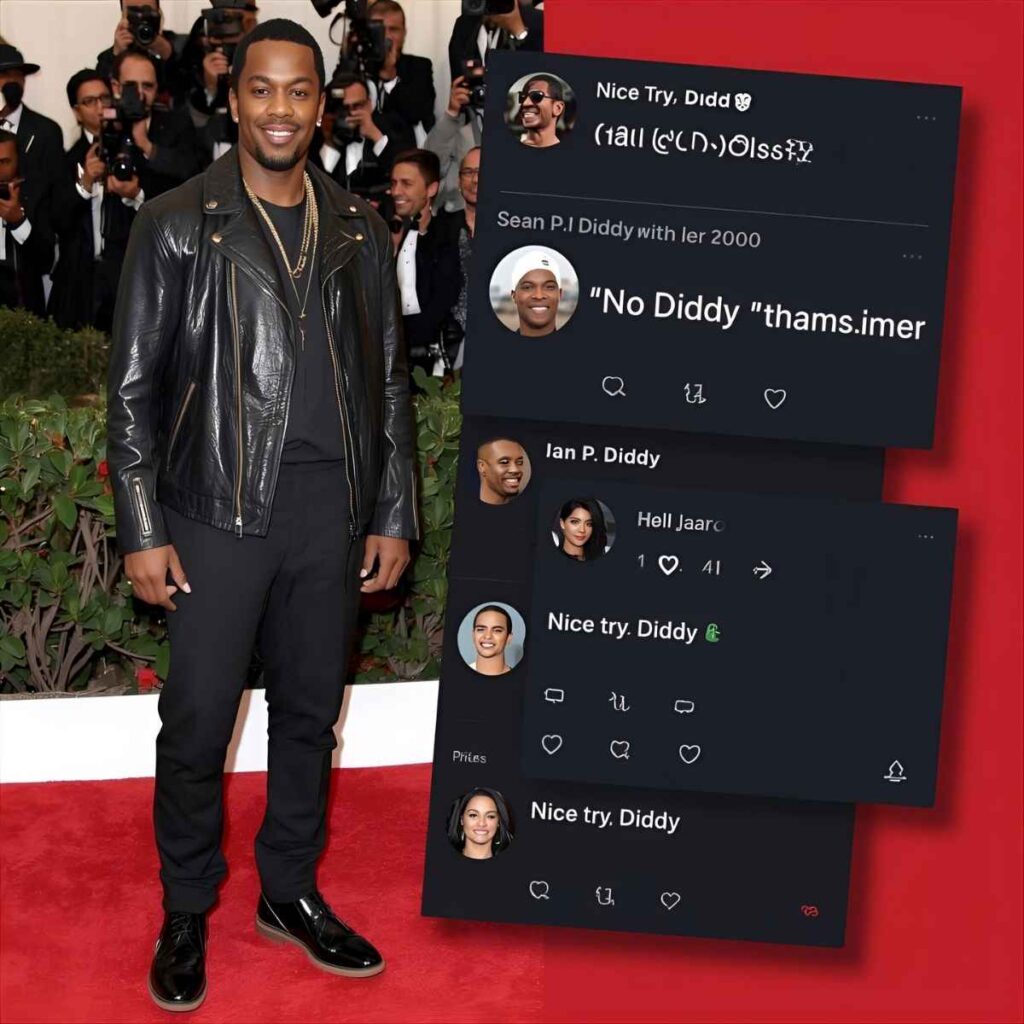
How the Slang Formed
Some users began saying “No Diddy” as a play on “no homo” following public scandal mentions of his name in association with sexual misconduct.
Others started using “Nice try, Diddy” to mock sales scams or attempts at persuasion, using his name as a metonym for slick or failed effort.
Meme culture quickly picked up on it, and the terms spread over TikTok, Reddit, and X.
Why It Resonated
- It uses a familiar name with cultural weight—so it carries subtext.
- It’s short, easy to text, and visually impactful in memes.
- It bridges humor + social commentary—so many use it ironically.
- It shows how slang can take a proper noun and turn it into a verb or adjective (verbing the name).
⚠️ H2-3: Why the Slang “Diddy” Has Controversy
Not all slang is harmless fun. The term “Diddy” in its slang use carries several issues.
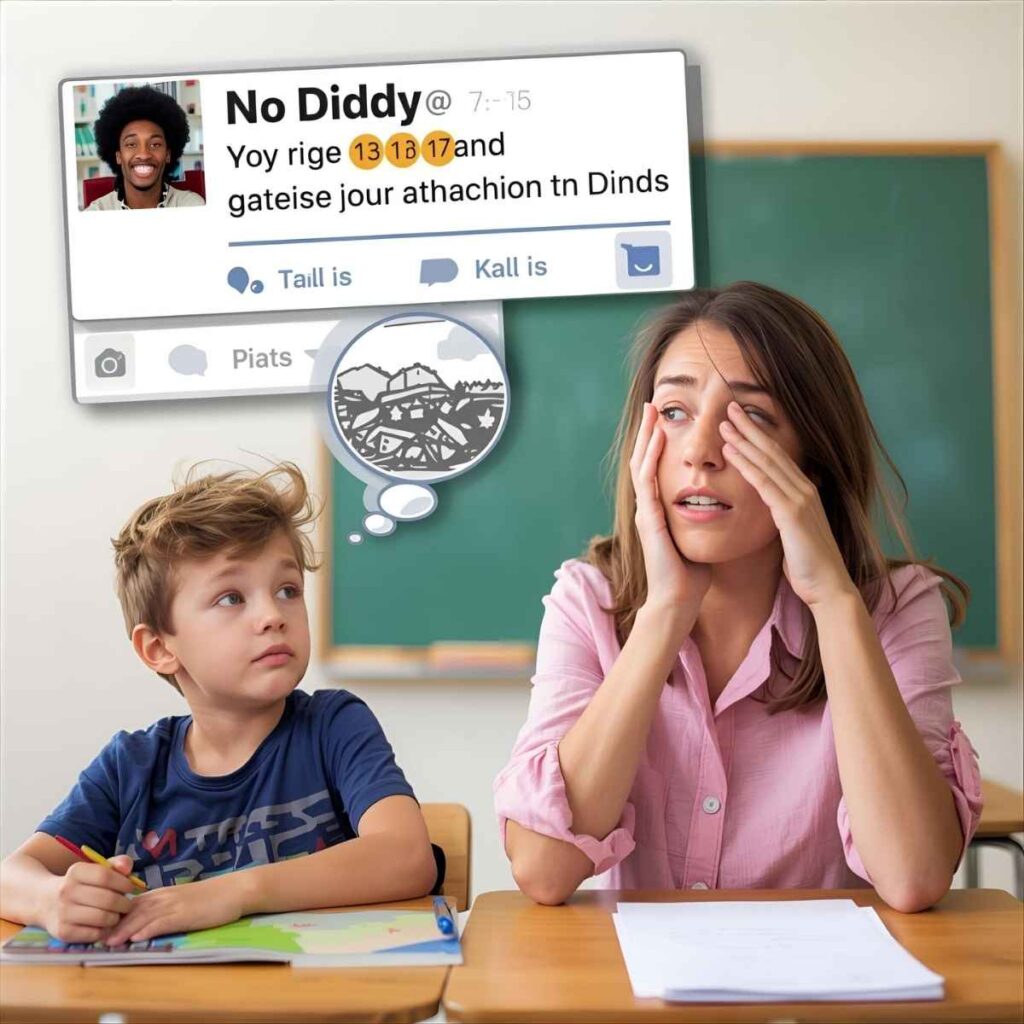
🚫 Homophobic Under-Tones
The “No Diddy” usage echoes “no homo,” a phrase that has been criticized for implying that being queer is something to immediately disclaim. Using “No Diddy” to avoid appearing gay or associate with sexuality reinforces that problematic sentiment.
🤐 Legal & Ethical Weight
Because the real-life figure behind the name is alleged to have committed serious sexual misconduct, the term’s usage can implicitly reference exploitation, harassment or abuse—even if jokingly. That means using “Diddy” in slang can be seen as trivializing or mocking serious issues.
🧠 Meme Culture & Age-Use
Younger users (teens in schools) may use “Diddy” without fully understanding the context or weight behind the word. That leads to misuse or insensitive jokes.
✅ Best Practice
If you use “Diddy” slang, be aware of tone and audience.
Avoid using “No Diddy” when you don’t know the full implication of what you’re saying.
Recognise that for some people, the word may carry associations you may unintentionally trigger.
🗣️ : How to Use “Diddy” Slang (With Examples & Alternatives)
Here’s how “Diddy” is used—and how you might choose alternatives.
✅ Example Uses
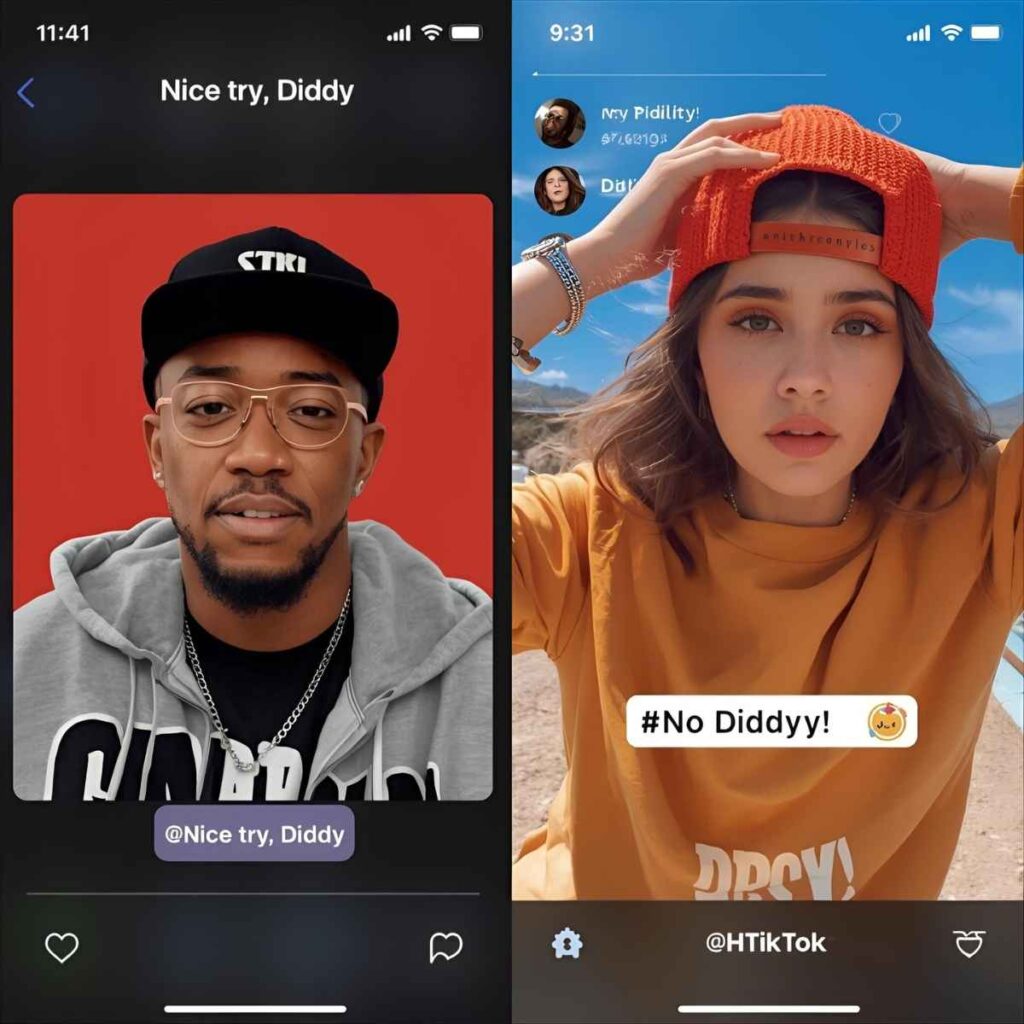
“They tried selling fake concert tickets—nice try, Diddy.”
“That post looked sus… no diddy.”
“He walked out like nothing happened… he got diddied.”
🚫 When You Should Avoid
- In professional settings or formal communication.
- On public posts if you’re unsure of the interpretation by your audience.
- When you’re trying to be inclusive or respectful about sexuality—avoid “No Diddy” as a means of disclaiming.
🔄 Safer Alternatives
Instead of “No Diddy” (if you want a non-sexual meaning):
- “No doubt.”
- “Straight up.”
- “And that’s non-negotiable.”
Instead of “Nice try, Diddy”:
- “Nice try, champ.”
- “Good effort, but no.”
- “Try again next time.”
🧩 How to Interpret It
When someone uses “Diddy” in a comment, ask:
- Are they mocking effort or persuasion (“Nice try, Diddy”)?
- Are they using “No Diddy” as a disclaimer about sexual meaning?
- Is it being used in a dark meme about exploitation (“he got diddied”)?
Understanding context saves you from mis-using or mis-reading the phrase.
🌍 Why the Evolution of “Diddy” Slang Matters
Slang evolves fast—and “Diddy” is a textbook example of how a proper noun becomes a verb/adjective/phrase in internet culture.
📈 The Bigger Picture
It shows how language adapts to meme logic, short-form comms, and digital context.
It underlines how celebrity culture impacts linguistic culture—a famous name becomes part of everyday speech.
It highlights social risks in slang: using names with legal/ethical baggage may carry undertones you hadn’t intended.
🤝 Cultural Literacy & Communication
Knowing what “Diddy” means—and when it’s safe to use—makes you more fluent online and more culturally aware. You’ll recognise when a comment is ironic/mocking, or when it touches on sensitive territory.
✅ For Writers, Educators, Marketers
If you write for Gen Z, use social media, or teach digital literacy, understanding terms like “Diddy” helps you stay current and culturally competent.
❓ FAQs About “Diddy” Slang
Q1. What does “Diddy” mean in slang?
It’s used various ways: mocking someone’s failed attempt (“Nice try, Diddy”), as a sexual-meaning disclaimer (“No Diddy”), or in dark meme culture referencing exploitation (“got diddied”).
Q2. Is “No Diddy” just like “No Homo”?
Yes and no. It functions similarly in disclaiming sexual meaning, but carries its own cultural baggage and can be seen as more problematic because of the celebrity/legal associations.
Q3. Can I use “Diddy” casually?
You can—but be aware of your audience and context. It may offend or miscommunicate if you don’t know how your words will land.
Q4. Where did this slang come from?
It emerged online around 2023-2025 in meme culture, often tied to the legal controversies surrounding Sean Combs.
Q5. Are there safer alternatives to “Diddy” for saying the same thing?
Yes—Use phrases like “Nice try,” “No doubt,” “And that’s that,” instead of “Nice try, Diddy” or “No Diddy.”
🏁 Conclusion: The Name, The Meme, The Meaning
The slang use of “Diddy” reminds us how quickly language can shift—how a name becomes a phrase, a phrase becomes a meme, and a meme enters our daily chats.
But with that speed comes responsibility. Slang isn’t just trendy—it carries history, associations, and tone. Using “Diddy” smartly means being aware: when the phrase is harmless banter, when it’s ironic, and when it might be insensitive.
In the digital age, being fluent in slang means more than understanding the words—it means understanding the culture behind them.
So next time you see “Diddy” pop up in a comment or text, you’ll know what it means—and how to respond.
David is the creative mind behind jokes Crafter, a hub for clever jokes, witty wordplay, and laugh-out-loud content. With a passion for humor and a knack for crafting the perfect punchline, David brings smiles to readers across the globe. When he's not writing, he's probably thinking up his next viral joke or enjoying a good comedy show.
